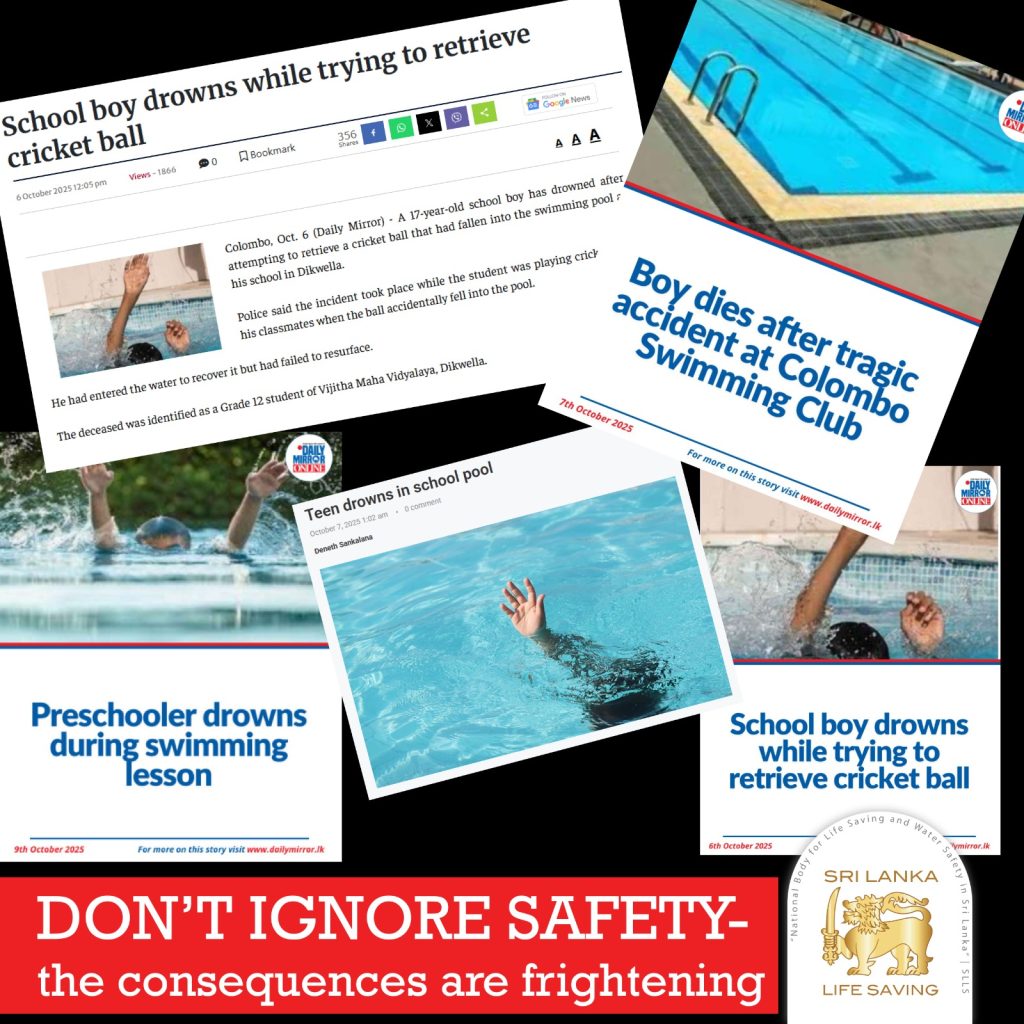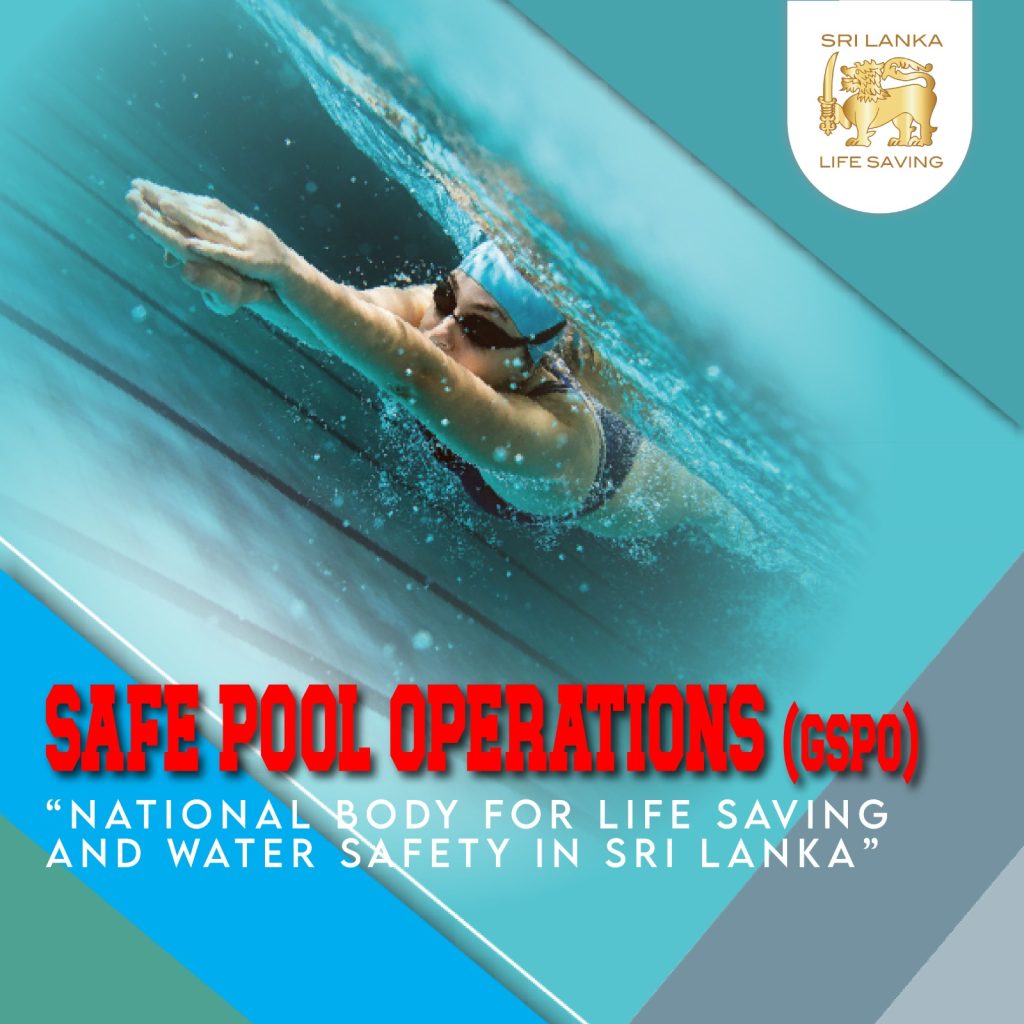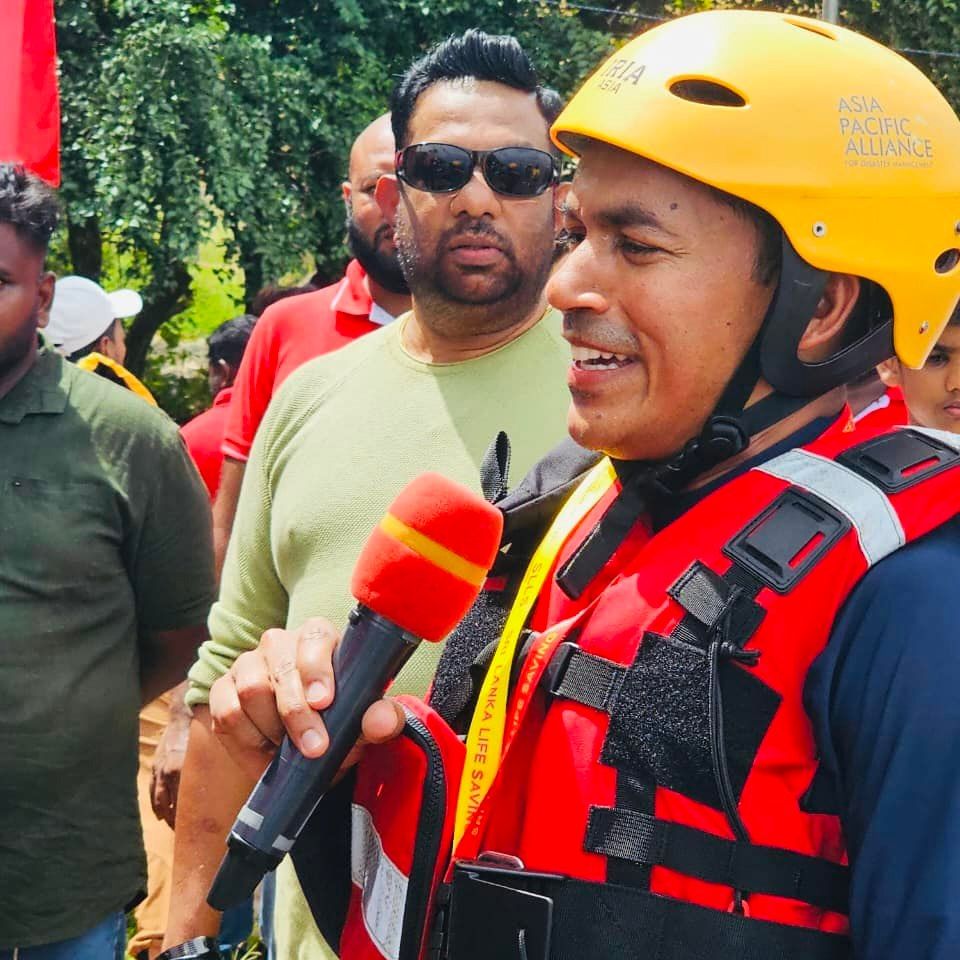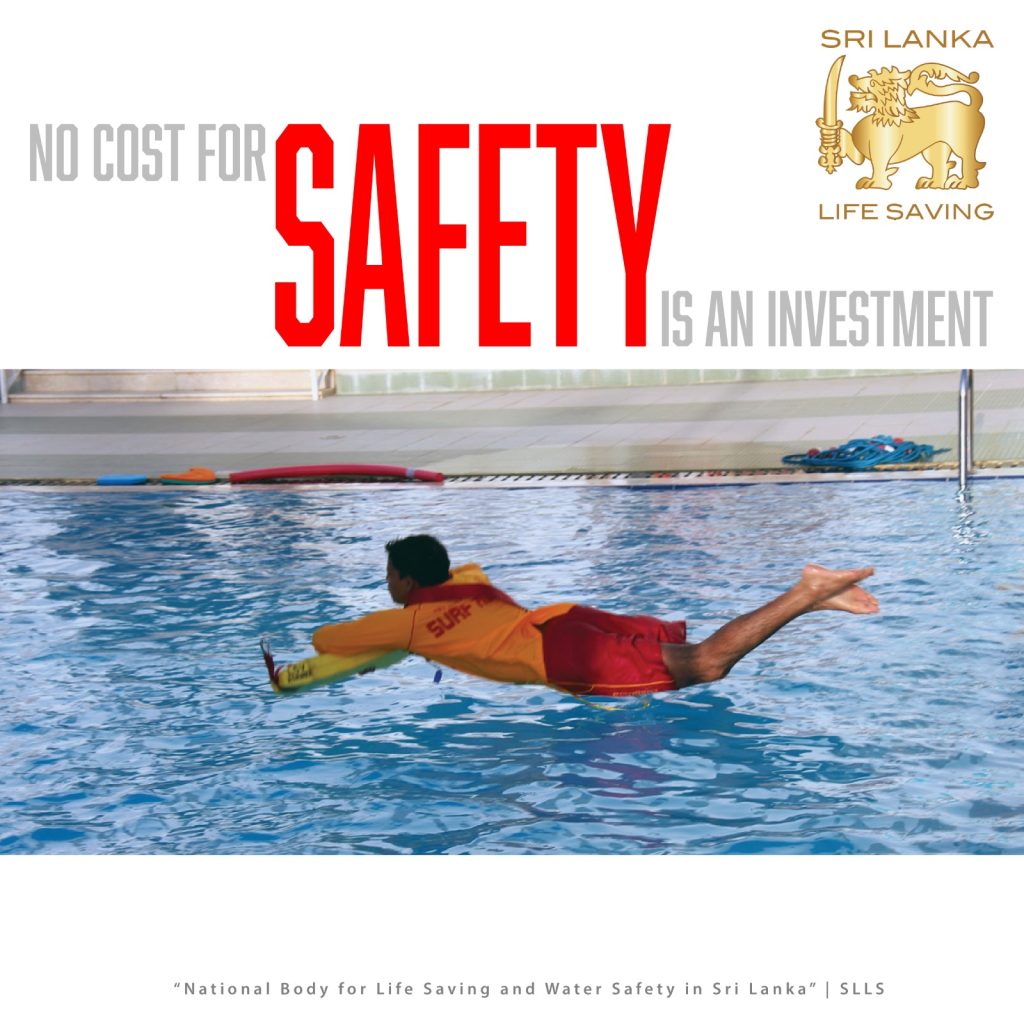COLOMBO, November 1, 2025 (ePRESS) – With drowning incidents among schoolchildren on the rise, Sri Lanka Life Saving (SLLS) has renewed its urgent call for the full implementation of the Guidelines for Safe Pool Operations – Sri Lanka (GSPO–SL), describing it as the country’s most vital step toward saving young lives.
The GSPO–SL, developed in 2020 with support from the Australian High Commission and Life Saving Victoria (Australia), is now recognized as Sri Lanka’s benchmark framework for pool safety, lifeguard training, and operational standards. Yet, despite its availability, many schools, clubs, and private facilities continue to operate swimming pools without certified lifeguards, safety signage, or emergency plans.
“The Guidelines for Safe Pool Operations are not just a document — they are a life-saving framework,” said SLLS CEO and Media Spokesman Asanka Nanayakkara, stressing that every school and institution with a pool must enforce the standards immediately. “Every drowning is preventable,” he added, calling on school principals, pool operators, and hotel staff to act before more lives are lost.
A national safety blueprint
The GSPO–SL was introduced as a comprehensive national guide to ensure every swimming pool in the country meets basic safety and maintenance standards. It covers areas such as lifeguard deployment, risk assessment, first aid readiness, emergency response, staff training, and pool maintenance.
By aligning Sri Lanka’s safety framework with international standards set by the International Life Saving Federation (ILS), the GSPO–SL promotes a unified approach to water safety — from school pools and sports complexes to hotels and leisure centers.
A growing tragedy among children
Sri Lanka has seen a worrying increase in pool drownings, particularly during unsupervised school swimming sessions. Many of these incidents occurred in the absence of trained lifeguards or proper safety equipment. Investigations revealed poor supervision, missing signage, overcrowding, and lack of basic first aid preparedness.
Experts believe that strict enforcement of the GSPO–SL guidelines could have prevented many of these tragedies. Each clause emphasizes prevention — from ensuring a trained lifeguard is always on duty to requiring safety audits and emergency plans for all pools.
SLLS leading the response
In response to the rising death toll, Sri Lanka Life Saving has intensified its national awareness and training campaign, targeting school administrators, teachers, and pool operators. The organization now conducts GSPO–SL workshops and Pool Safety Certification Programs across the island to strengthen compliance and accountability.
The GSPO–SL also defines clear responsibilities for pool owners and managers, requiring them to conduct daily safety checks, maintain lifesaving equipment such as life rings and rescue poles, and ensure proper supervision at all times.
A shared responsibility
SLLS urges parents, educators, and local authorities to take collective responsibility for water safety. Integrating basic water safety education into school curricula and maintaining lifeguard-certified supervision are seen as essential steps toward building a safer aquatic culture.
With Sri Lanka’s growing investment in aquatic sports, recreation, and tourism, ensuring safe pool operations has become both a moral obligation and a national priority. “It’s not just about preventing accidents — it’s about nurturing a generation that understands safety, discipline, and respect for water,” SLLS emphasized in its latest statement.
Building a safer aquatic nation
Working with the Disaster Management Center, Ministry of Sports, and Ministry of Health, Sri Lanka Life Saving continues to lead national efforts toward a zero-drowning future. Its long-term goal is to see every swimming pool — from schools to resorts — operating under certified GSPO–SL standards.
The GSPO–SL is part of a broader initiative that also includes the Guidelines for Safe Beach Operations (GSBO–SL) and the Swim for Safety (SfS) Manual, forming the foundation of Sri Lanka’s national water safety strategy.
For pool owners and schools seeking guidance, SLLS invites registrations for upcoming workshops and certification programs via info@slls.lk or www.srilankalifesaving.lk




